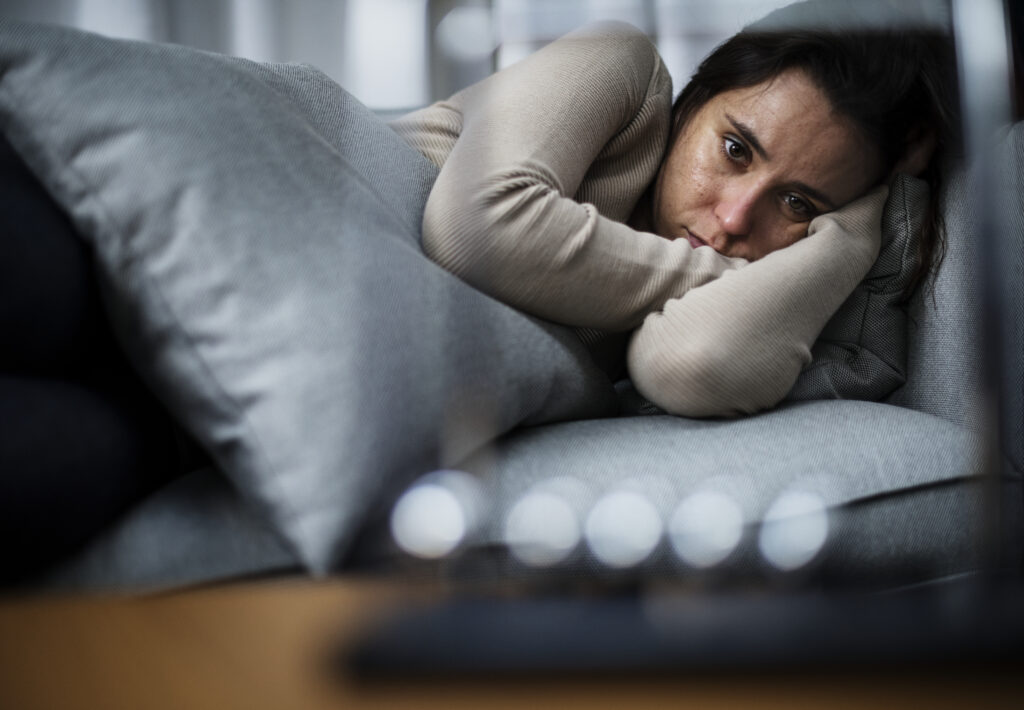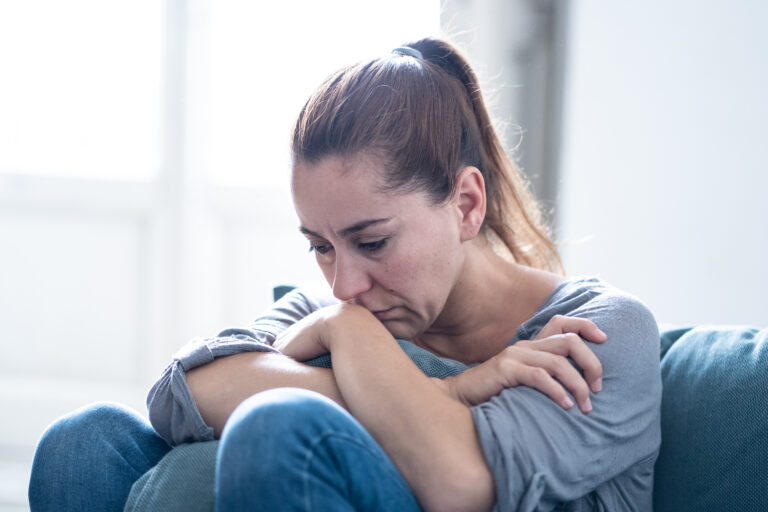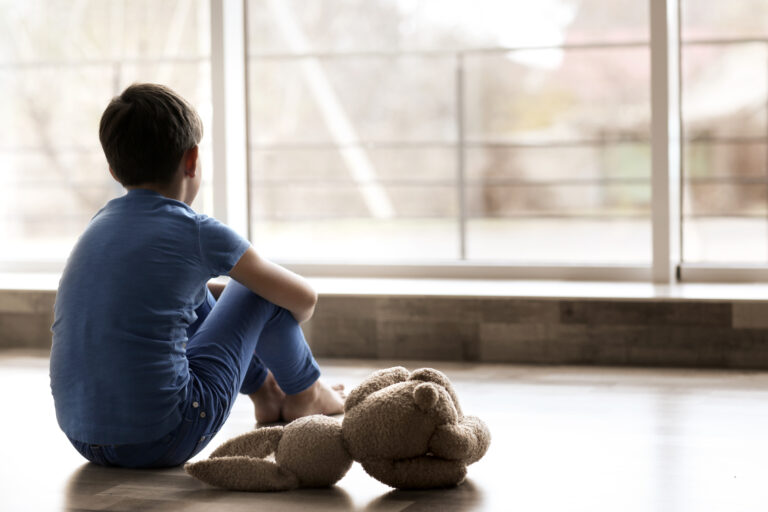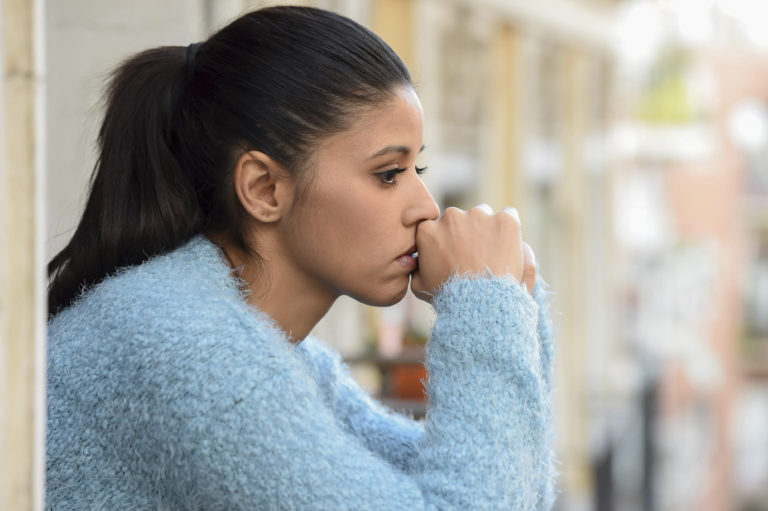
Depression is a common and serious mood disorder that negatively affects how you feel, think, and function in normal day-to-day activities. It is also known as Depressive Disorder and Clinical Depression.
Depression is different from usual mood swings and short-lived emotional responses to challenges in everyday life, and you can’t simply “snap out” of it. For someone with Depression, just trying to get through the day can be overwhelming. Depression can lead to various emotional and physical problems, and at its worse, it can lead to suicide.
Depression may require long-term treatment. But don’t get discouraged. Most people with depression can feel better with treatment.
How is depression different from sadness or grief?
Being sad is not the same as having Depression. The death of a loved one, the loss of a job, or the ending of a relationship, are difficult circumstances. Sadness or grief develops in response to those situations. Depression and grief share the feelings of intense sadness and withdrawal from usual activities, but they are different in important ways:
- In grief, self-esteem is usually maintained. In major depression, feelings of worthlessness and self-loathing are common.
- In grief, painful feelings come in waves, often mixed with positive memories of the deceased. Major Depression, mood, and interest (pleasure) are decreased for most of -two weeks.
Sometimes grief can lead to depression. And when it coexists with depression, it is more severe and lasts longer. Distinguishing between grief and depression can help people get the help, support, or treatment they need.
What are its symptoms?
Depression varies from person to person, but there are some common signs and symptoms. It’s important to remember that these can be part of life’s normal lows. But the more symptoms you have, the stronger they are, and the longer they’ve lasted—the more likely it is that you’re dealing with Depression.
If you have been experiencing some of the following signs and symptoms most of the day, nearly every day, for at least two weeks, you may be suffering from Depression:
- Feeling of helplessness and hopelessness (nothing will get better, and there’s nothing that can be done about it)
- Loss of interest or pleasure in activities once enjoyed
- Significant weight loss or gain/ appetite changes
- Sleep changes, either Insomnia or oversleeping
- Anger or irritability (everything gets you agitated)
- Loss of energy, increased fatigue
- Strong feelings of worthlessness or guilt
- Reckless behavior (substance abuse, compulsive, gambling, dangerous driving)
- Trouble focusing, making decisions, or remembering
- Unexplained aches and pains
- Thoughts of death or suicide
For many, symptoms are usually severe enough to cause noticeable problems in day-to-day activities, such as work, school, social events, or relationships with others. It’s important to remember that feelings of helplessness and hopelessness are symptoms of Depression, not the reality of your situation.
What causes Depression?
There are several possible causes of Depression. They can range from biological to circumstantial.
Some common causes and risk factors are:
- Family history of depression or another mood disorder
- Early childhood trauma or abuse
- History of Drug or Alcohol misuse
- Biochemistry (differences in certain chemicals in the brain may contribute to depression)
- Medical conditions (diabetes, heart disease, chronic illness, ADHD, etc.)
- Having an anxiety disorder
- Loneliness and Isolation
- Personality (people with low-self esteem, easily overwhelmed by stress, that worry excessively, that are generally pessimistic)
- Environmental factors (constant exposure to violence, neglect, abuse, or poverty)
- Recent stressful life experiences (major life changes, grief, financial problems, relationship problems)
What can I do to get better?
Depression can be temporary, or it can be a long-term challenge. But even in the most severe cases, it can be treated. The earlier the treatment can begin, the more effective it will be.
Managing symptoms of depression involve finding the right combination of medications and therapies. While treatment doesn’t always make your depression go away completely, it can make those symptoms more manageable.
Medications (antidepressants) take time – usually 2 to 4 weeks – to work, so it is essential to give it a chance before reaching a conclusion about its effectiveness. If you feel little to no improvement after several weeks, your psychiatrist can alter the dose of the medication, add, or substitute another antidepressant.
It is important to let your doctor know if a medication/treatment does not work or if you experience side effects. They can help you create a different treatment plan that may work better in helping you manage your condition. If you begin taking antidepressants, do not stop taking them without the help of a doctor. Sometimes people taking antidepressants tend to feel better and then stop taking the medication on their own, and the depression returns. When you and your doctor have decided it is time to stop the medication, the doctor will help you slowly and safely decrease your dose. Stopping abruptly can cause withdrawal symptoms.
When to get Emergency Help
If you think you might hurt yourself or are having suicidal thoughts:
- Call your doctor or mental health professional
- Call a suicide hotline number in the U.S., call the National Suicide Prevention Lifeline at 1-800-273-TALK (1-800-273-8255). Use that same number and press “1” to reach the Veterans Crisis Line
- Call your local emergency number
- Call 911
- Reach out to a friend or a loved one
If you have a loved one who is in danger of suicide or has made a suicide attempt, make sure someone stays with that person. Call 911 or your local emergency number immediately. Or, if you think you can do so safely, take the person to the nearest hospital emergency room.
You can also find more trusted local services in your community at www.boyleheighstresources.org or download the Boyle Heights Resources app.
Sources:
Help Guide: https://www.helpguide.org/articles/depression/depression-symptoms-and-warning-signs.htm
Healthline: https://www.healthline.com/health/depression
American Psychiatric Association: https://www.psychiatry.org/patients-families/depression/what-is-depression
Mayo Clinic: https://www.mayoclinic.org/diseases-conditions/depression/symptoms-causes/syc-20356007
National Institute of Mental Health: https://www.nimh.nih.gov/health/topics/depression/index.shtml




